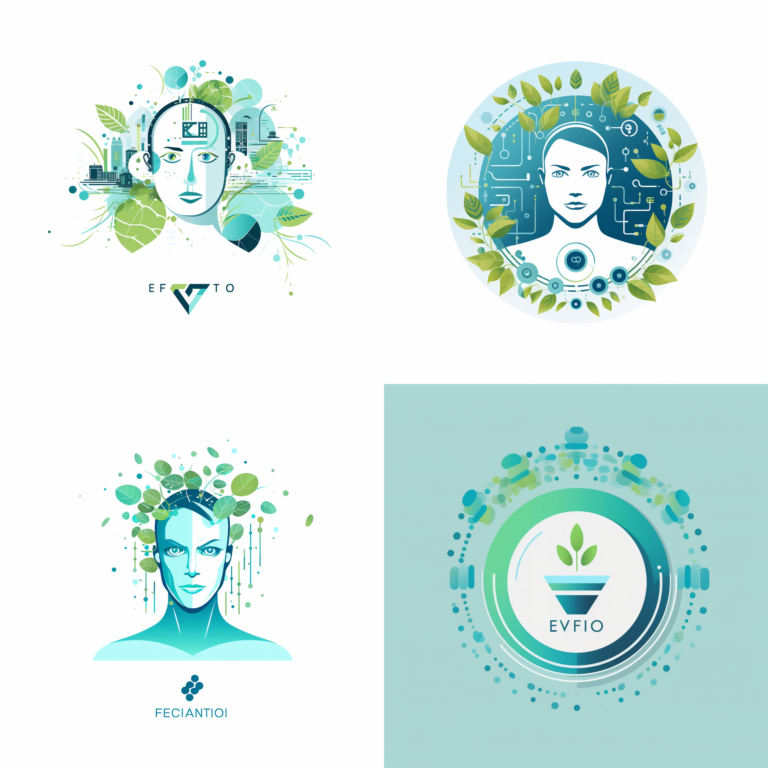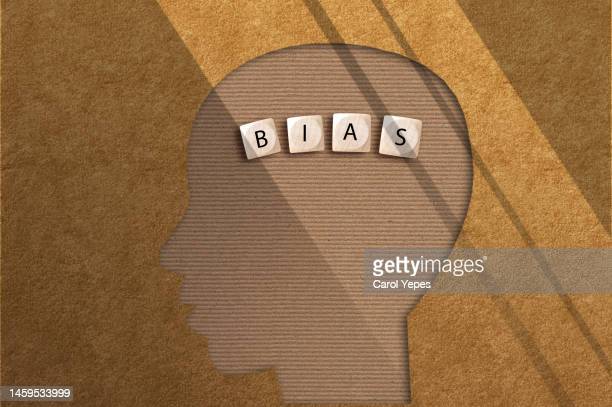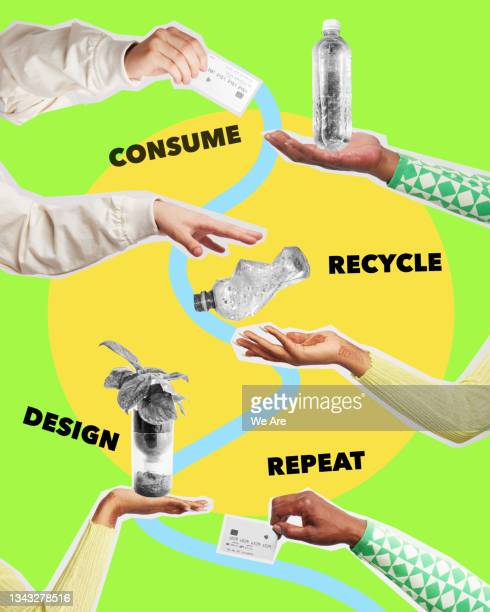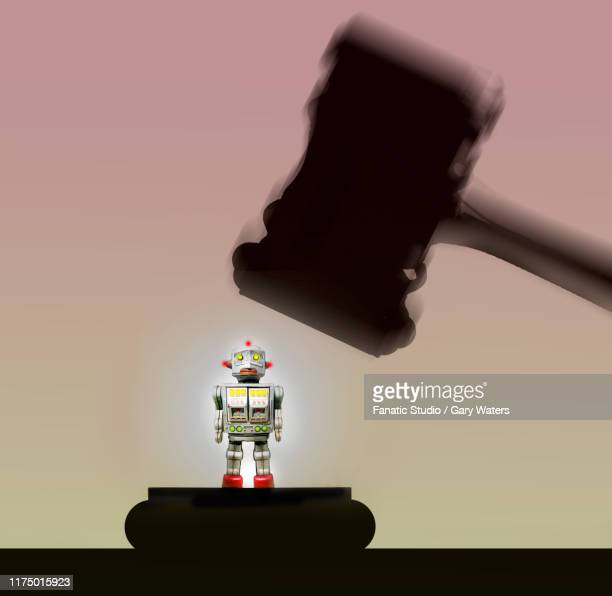
the Ethics of using AI in mental health diagnosis is of utmost importance. Privacy and data security must be upheld, while bias and fairness need to be actively addressed. Respecting informed consent and patient autonomy ensures their involvement in decision-making. Striking the right balance between AI and human involvement is crucial for responsible and ethical implementation.

Human-AI collaboration is a groundbreaking synergy that unites human intelligence and the computational power of AI systems. It is a dynamic partnership where human expertise, intuition, and creativity intertwine with the speed, efficiency, and analytical capabilities of AI. Together, humans and AI systems are transforming industries, redefining problem-solving approaches, and reshaping the boundaries of what we thought was achievable.

Bias and fairness in AI are critical issues that demand attention. AI algorithms can inadvertently encode biases, leading to discriminatory outcomes. Ensuring fairness in AI decision-making is essential to mitigate harm and uphold ethical standards. Transparency, diverse data, and algorithmic fairness techniques play crucial roles in addressing biases and promoting a more inclusive and equitable AI ecosystem.

Blockchain technology is revolutionizing the way we approach the circular economy, offering a powerful solution to address the challenges of transparency, traceability, and accountability within supply chains. By leveraging the decentralized and immutable nature of blockchain, stakeholders in the circular economy can establish a robust system that tracks the lifecycle of materials and products, from sourcing to disposal or reintegration.

The debate surrounding ChatGPT's potential as either a companion or competitor depends on how humans choose to use this technology. Adopting a human-centered approach to its development and use, maintaining human oversight and control, and fostering transparency and accountability can ensure that ChatGPT remains a tool to enhance human life, rather than a replacement for it.

Decentralized social media platforms utilize blockchain technology to create a transparent, secure, and privacy-focused environment. By removing centralized control and giving power back to users, decentralized social media can potentially revolutionize the way we interact and share information online. This emerging technology has the potential to mitigate issues like censorship, data breaches, and algorithmic bias.

Explainable AI (XAI) is a field of research that seeks to make AI models more transparent and interpretable. By improving the explainability of AI, XAI aims to enhance trust, accountability, and ethical considerations in AI development and deployment. XAI techniques can be applied to a wide range of AI models and applications, including natural language processing, image recognition, and predictive modeling.

Blockchain-based supply chain management can enhance transparency, traceability, and accountability in the logistics process. This technology enables secure and real-time data sharing among all parties involved in the supply chain, improving efficiency and reducing costs. Smart contracts, distributed ledgers, and other blockchain solutions can be used to streamline the supply chain and create a sustainable and ethical business model.

The synergy between AI and Blockchain has the potential to transform industries and drive innovation. However, it is essential to approach this integration with a focus on ethics and responsibility. Best practices for ethical AI and Blockchain integration include establishing clear protocols for data privacy and security, ensuring transparency and accountability, and addressing issues of bias and discrimination.

The convergence of AI and blockchain technology has the potential to transform various industries by enabling secure and decentralized data sharing, enhancing transparency, and improving decision-making. This synergy creates new opportunities for businesses and individuals, from democratizing access to AI to enabling autonomous decision-making by AI agents on blockchain networks. As these technologies continue to evolve, we can expect to see more innovative solutions emerging from this synergy.

Web3 is the next generation of the internet, designed to be more transparent, decentralized, and secure than its predecessors. Unlike Web1 and Web2, which were characterized by centralized control and limited user interaction, Web3 is built on blockchain technology and other decentralized technologies, such as smart contracts and decentralized applications.











